Year 9
Play
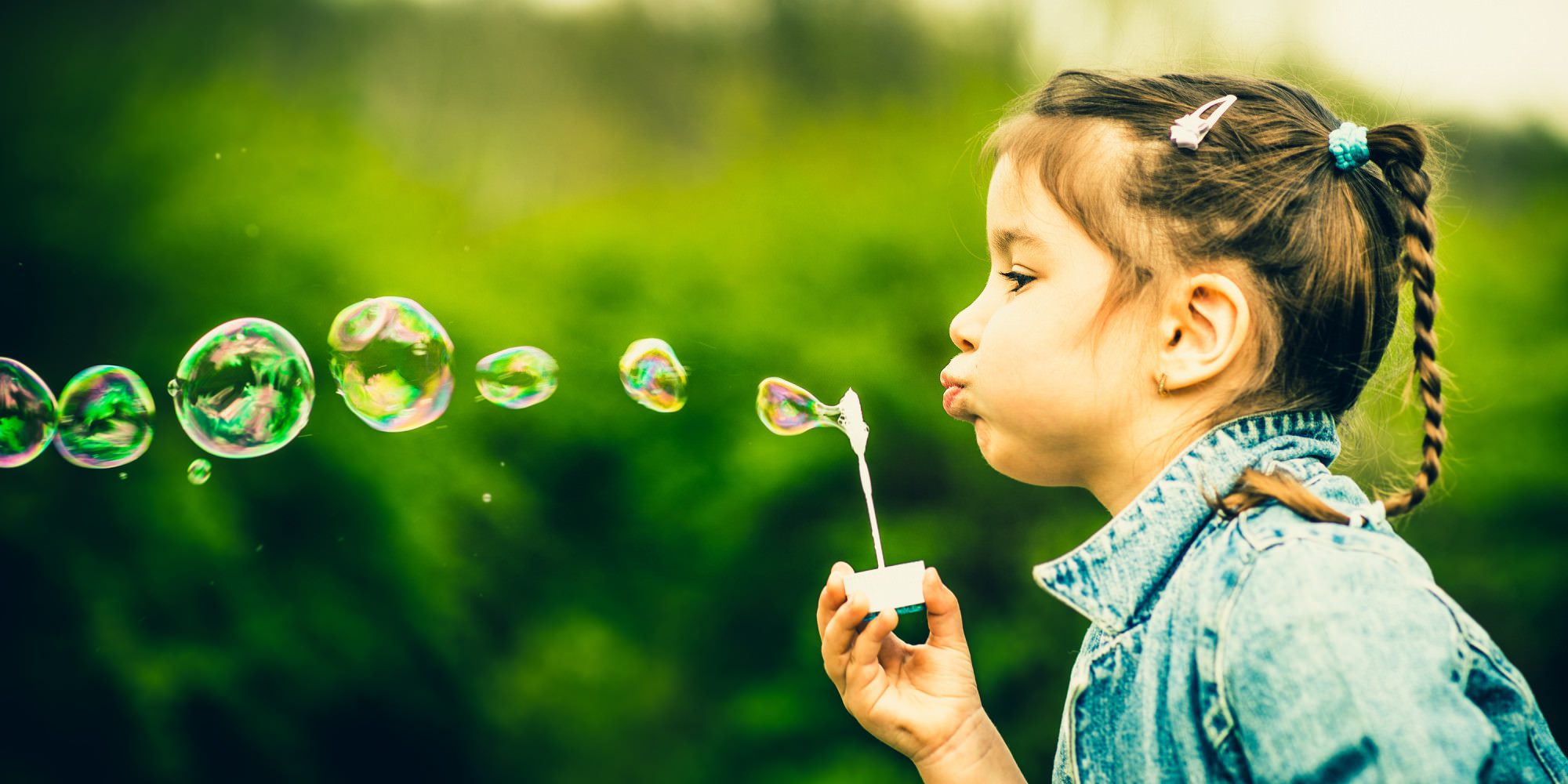
Play is the work of children. It consists of those activities performed for self-amusement that have behavioural, social, and psychomotor rewards. It is child-directed, and the rewards come from within the individual child; it is enjoyable and spontaneous. We will look at the science behind play, why its so important, the benefits of children playing and even why their is a law that states children must play
Read MoreFamily Dynamics

Family dynamics refers to the ways in which family members relate to one another. Because humans are capable of change, and family members take part in different experiences, the dynamics within a family never remain the same. People often look at family dynamics in the context of what makes a family dysfunctional. We will be studying the family, we have families, the roles within each family, we will also be looking into mental health and factors that can affect a family functioning.
Read MoreCare For Babies
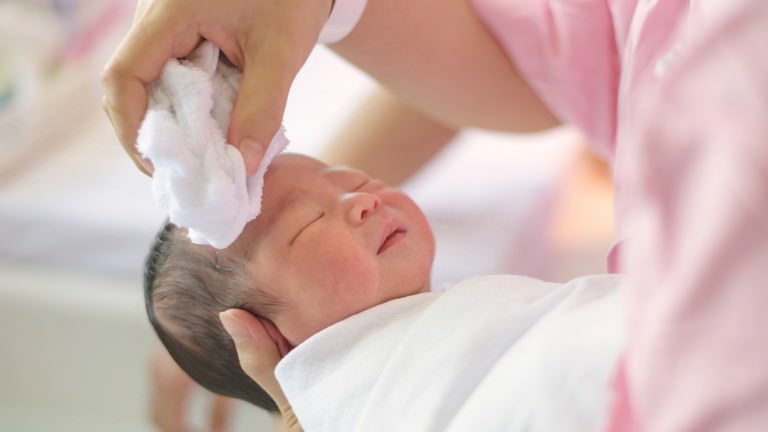
Having a healthy pregnancy is one of the best ways to promote a healthy birth. Getting early and regular prenatal care improves the chances of a healthy pregnancy. This care can begin even before pregnancy with a pre-pregnancy care visit to a health care provider. We will be reviewing the three trimesters in pregnancy, the birthing process and looking after a new born baby and the understanding the demands.
Read MoreChild Development

The amount of development your child makes over the first few years of life is nothing short of remarkable. Typically they go from being completely helpless new-borns to physically able youngsters in a very short space of time. This captures how your child develops gross and fine movements, speech, thinking and problem solving skills from the point of birth to the threshold of independence. This unit takes us through a child's development from when they are first born to their fifth birthday.
Read MoreFactors Affecting Development

Children’s development and mental health are affected by various factors, including the environments they are raised in, the relationships they build and the experiences they have. Child development refers to the physical, cognitive, emotional and social growth that occurs throughout a child and young person’s life. Children’s mental health – their cognitive, behavioural and social wellbeing – is affected by this development, as well as a range of factors, including trauma and abuse. All aspects of children’s health and development work together to form their overall wellbeing
Read MoreResearch Project

In the past few decades, a growing body of literature examines research within childhood and has developed within a variety of disciplines, such as sociology, psychology, anthropology and geography. This unit provides a brief up to-date examination of methodological and ethical issues that researchers may need to consider when designing research studies involving children; and a review of some of the methods and techniques used to elicit their views. The unit aims to encourage researchers to critically reflect on these methodological issues and the techniques they choose to use.
Read MoreYear 10
Child Development and Care - coursework ONLY
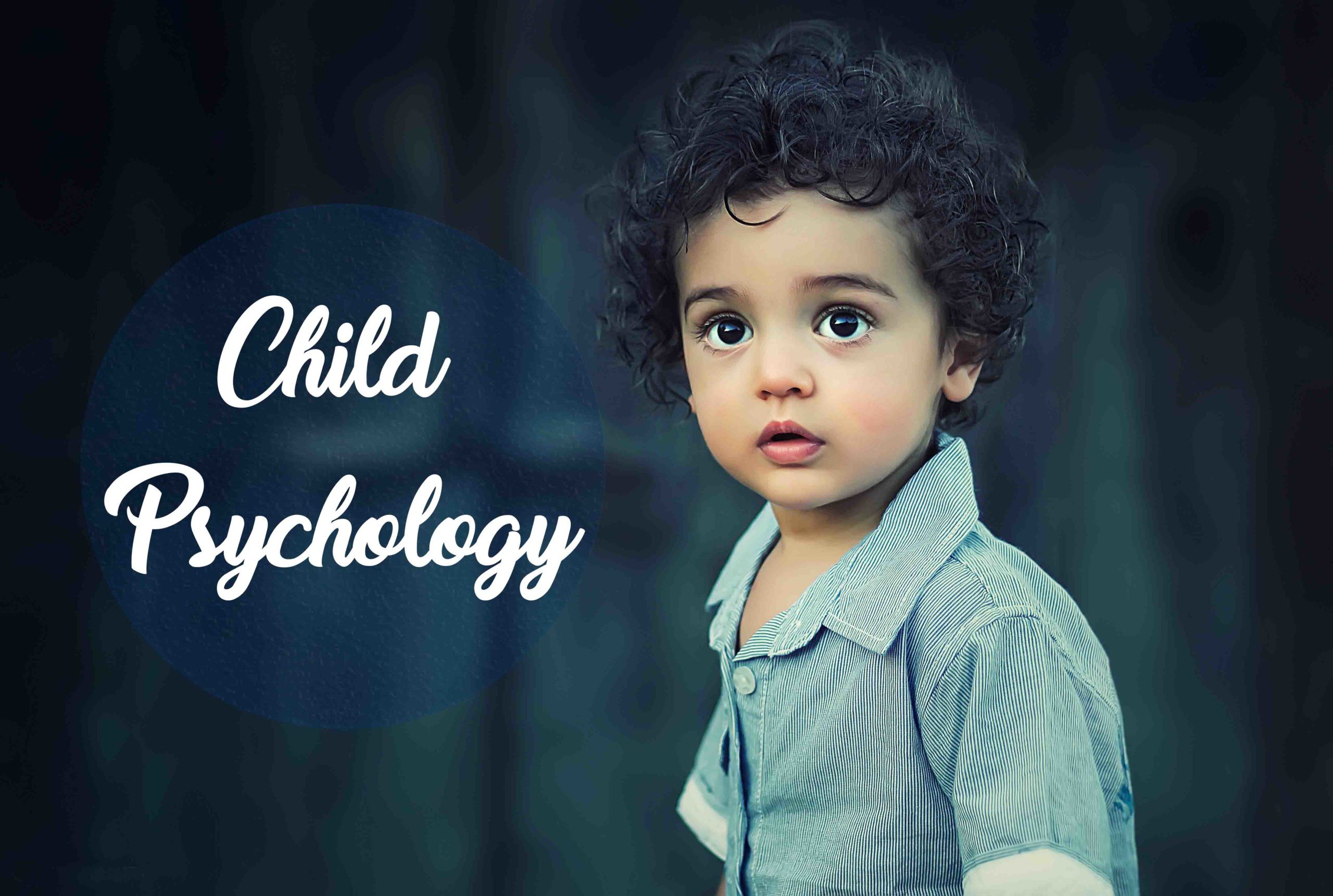
The early years of a child’s life are very important for his or her health and development. Healthy development means that children of all abilities, including those with special health care needs, are able to grow up where their social, emotional and educational needs are met. Having a safe and loving home and spending time with family―playing, singing, reading, and talking―are very important. Proper nutrition, exercise, and sleep also can make a big difference. During the unit we will take a deep look into understanding how a child develops from 0 to 5 years. We will also review some of the leading psychologists in the field of child psychology and look at how they impacted practice today.
Read MoreObservations

Child Observation is the method of watching, listening, asking questions, documenting, and analysing the observed words and actions of children as they interact with their surroundings and other people. Proper observation in childcare is crucial in helping educators and parents address the needs of early childhood development. Observation are more than just watching a child, we will be investigating the impact of child hood observations and be testing out our theory on children within a setting. There are different observational techniques and we will study their uses and probe into the advantages and disadvantages of using each one.
Read MoreFactors that affect a child

Parenting, family, genetics, society, education, relationships, and many other factors influence child development. By understanding the role each factor plays in the holistic development of the child, students can deeper their knowledge on factors that can positively or negatively affect a child's development. Though both growth and development terms get synonymously used throughout this unit and it builds on knowledge from the child development unit. We will explore real case studies, reviewing how and why the child's life had been impacted and how it may have been very different.
Read MoreRoutines

"Routine is important for each and every one of us. Without a routine, we are thrown into a state of disarray, often unsure of what we should be doing or even what day of the week it is. For children, having a routine is particularly important, especially for the sake of their mental health and behaviour.
The current COVID-19 pandemic has led to us changing our routine and we have seen first hand the effects this has had on everyone in the household - especially children. Having a routine helps to bring consistency and comfort to a child’s life, as well as providing a sense of normality. Children tend to fear the unknown, and while change is important in life, it can also create a lot of added stress for children. Routine helps to reduce this stress and brings with it a feeling of security. This unit investigates why we children need routines, the impact a good routine has on a child and their development, along with how to add a good routine to unsure, well-being, independence and health and safety."
Transitions

All children experience transitions throughout the day; we plan reassuring but flexible routines to help children cope, and rhymes and songs to inject a bit of fun. We can promote similarly positive experiences when guiding children through more significant transitions. As an adults it’s important to view transition as a process not an event; in this unit we look at the transition and we review how an adult can support the process. We will review the impact of planning ahead and value the concerns of children and their families. Making transition and the wellbeing of children a priority.
Read MoreYear 11
Child Care settings - Coursework and 1 exam
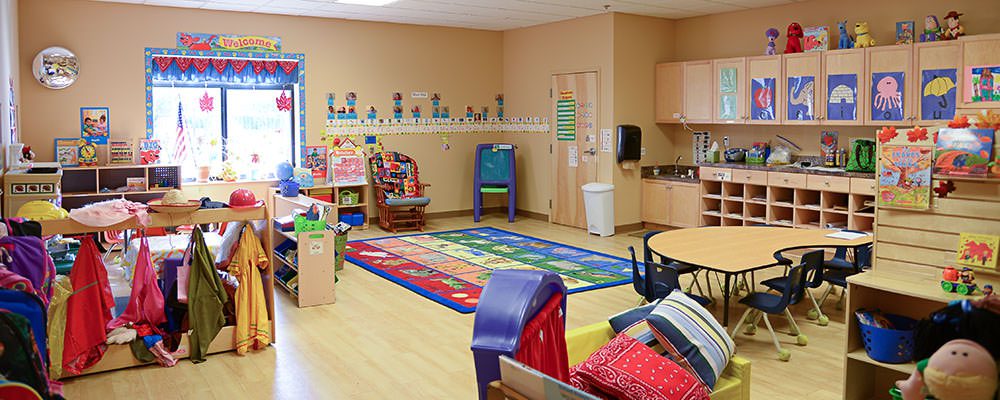
Early years settings may be funded and run by local authorities, voluntary organisations or private companies and offer a range of different child care approaches. Some may be small and run by charities and voluntary organisations, while others may be private and part of a national chain which is run for profit. As you start it think about a career in working with children, you may find the amount of different settings confusing. This unit will highlight the differences and you will gain a better understanding of what's available. Child care settings may or may not be inspected by Ofsted and registered depending on how they are run and staffed.
Read MorePreparing for placement
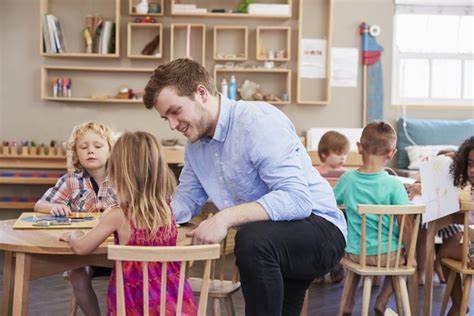
Work experience is an opportunity to introduce young people to the reality of working life within a willing organisation, to help them secure and sustain employment. By taking students on work experience, you get an opportunity to engage, inspire and inform young people about what working life is really like. Work experience will give students inspiration for their career choices. It can also help to develop your interpersonal skills, such as being able to work in a team and the ability to solve complex problems, which are all valuable assets for both your academic and professional career..
Read MoreResponsibilities of an Early Years Worker

This unit examines the central role Early Years Professionals have to play in improving standards in early years settings…
The early years workforce is no stranger to change – and, as we contemplate possible amendments to the EYFS and face up to the current economic difficulties, it’s sensible that we prepare ourselves for more to come. It is important to recognise that a key aspect of the role of EYPs is to be an initiator of change. This is more commonly referred to as raising quality standards or ‘quality improvement’. This unit we explore the key role and responsibilities of a key worker/ early years practitioner. We will look about the paramount importance of keeping children safe and secure and how we can go about doing this. We will review good and bad practice we have seen throughout the years. This unit covers all aspect of working with children - from safeguarding to health and safety - to completing paperwork and liaising with parents
Inclusion
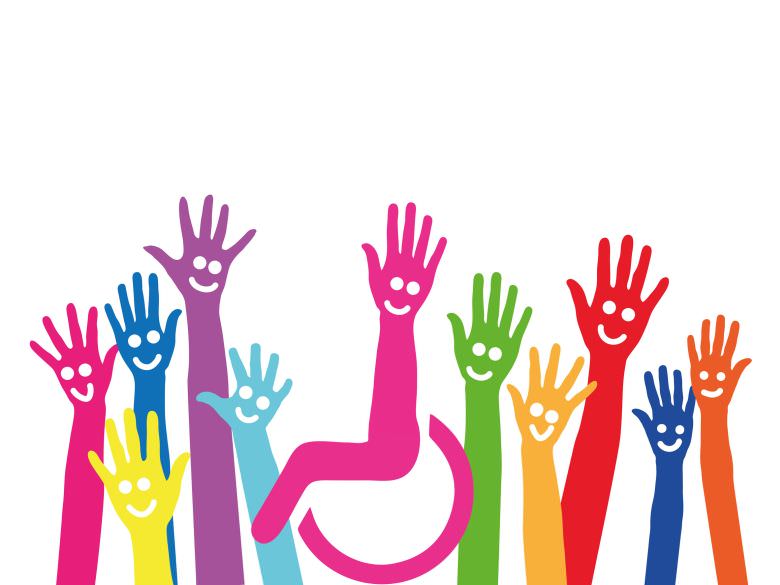
All children should have an equal opportunity to succeed in education. This is regardless of their background, academic ability, and cognitive level. For a early years community to be safe and welcoming, it must embrace and value diversity and individual differences.
Therefore, all settings should promote inclusive practice in both their teaching methods and educational activity. This unit will focus on how this relates to early years and the benefits of adopting an inclusive approach. It brings to light the need and the impact for being inclusive and looks at how a child' development can be dramatically affected. We examine case studies that show us the impact of inclusion.
Learning Styles and Study skills
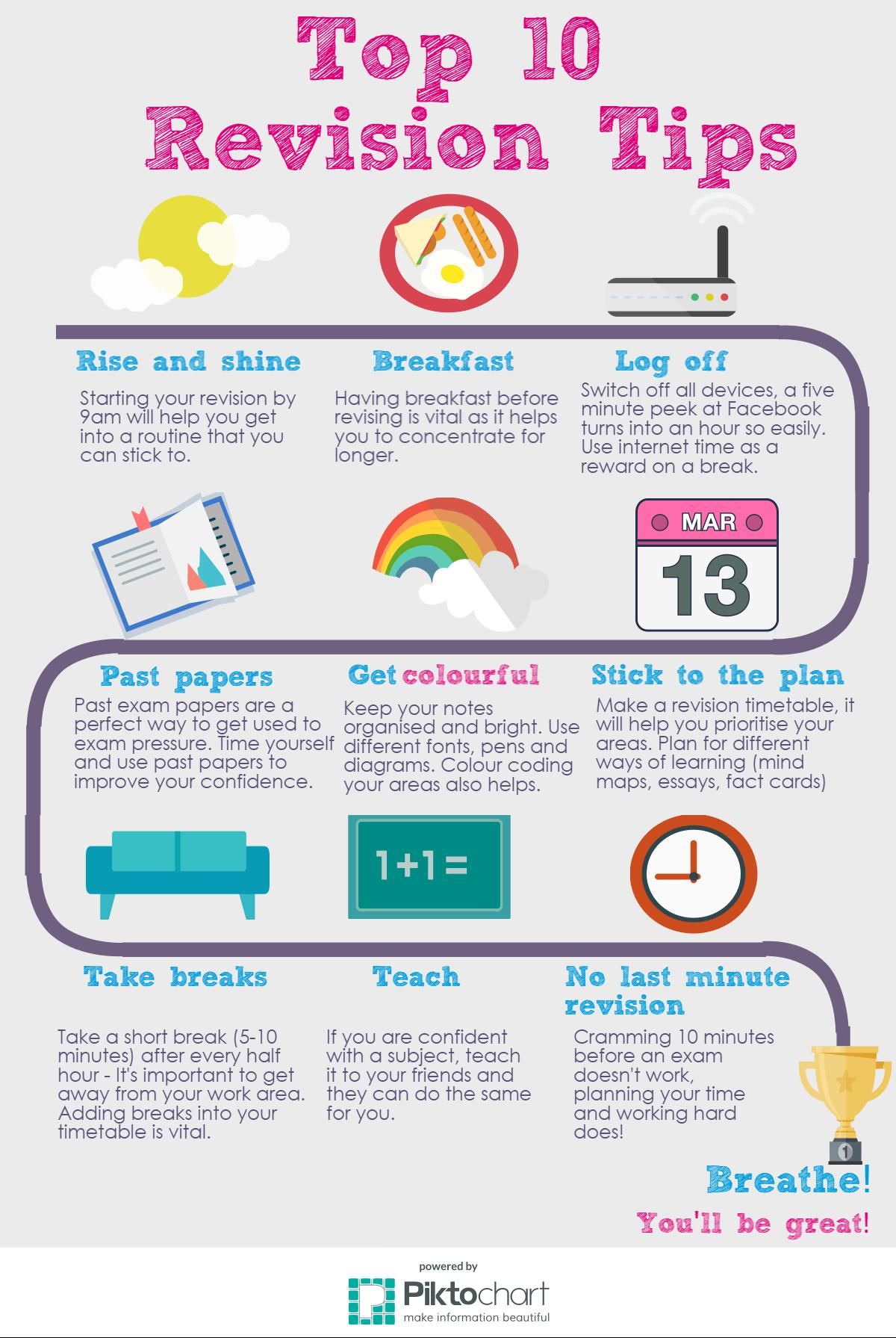
Many people recognise that each person prefers different learning styles and study skills. Learning styles group common ways that people learn. Everyone has a mix of learning styles. Some people may find that they have a dominant style of learning, with far less use of the other styles. Others may find that they use different styles in different circumstances. There is no right mix. Nor are your styles fixed. You can develop ability in less dominant styles, as well as further develop styles that you already use well. This unit we will investigate the different ways to learn and what we tend to favour. We will also review how these spread to study skills and how we can effectively study. Metacognitive skills are valuable when it comes to understanding and planning for revision.
Read More